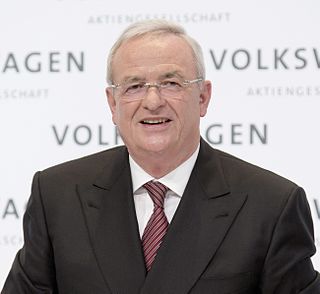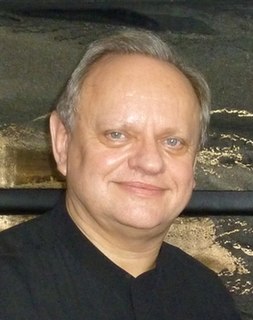A Quote by Frans van Houten
We are addressing duplication and complexity. At the same time, we are investing more in research and development, speeding up the time to market of new innovations, and expanding our sales force in markets where growth is to be found, like Turkey, Russia, the Mideast, China, and southeast Asia.
Related Quotes
China has seen a great deal of economic progress. It's certainly rather of a miracle. The growing role of the market in the economy will force China to open up its political system over time and to move toward a more democratic society. So taken as a whole, the one real failure in this whole business has been Russia.

































